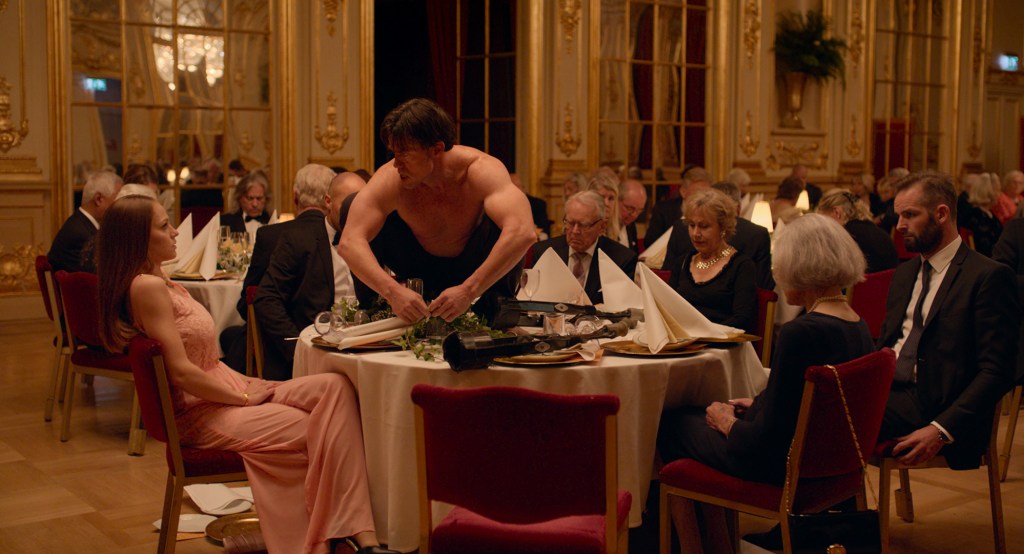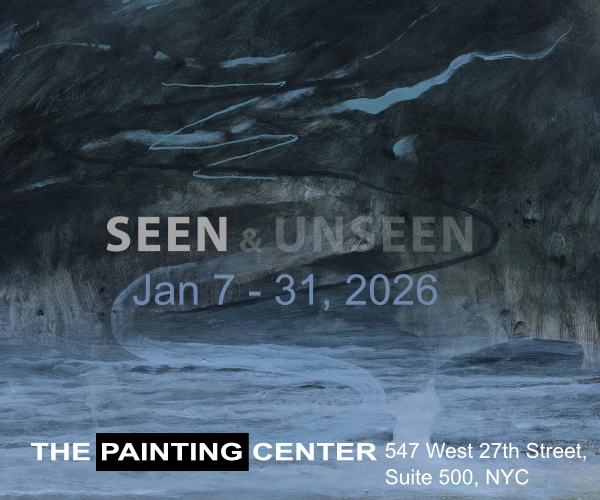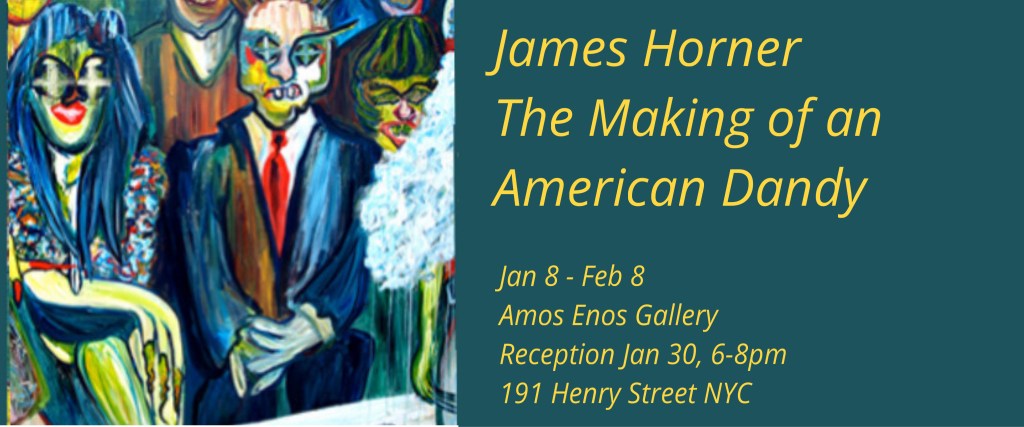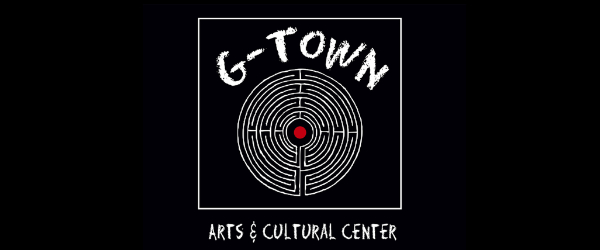
Contributed by Jonathan Stevenson / The art world and the bourgeoisie are taking a cinematic beating this year. Noah Baumbach’s The Meyerowitz Stories (New and Selected) mercilessly exposes the resentments of has-been art stars, and Yorgos Lanthimos’ The Killing of a Sacred Deer is a supremely creepy and deeply humorous takedown of the upper-middle class in all of its complacency, triviality, hypocrisy, and hollowness. Swedish writer-director Ruben Ostlund confronts both art and class in The Square, which won the Palme d’Or at Cannes this year.
This provocative satire contains several undeniably crowd-pleasing scenes — an asinine attempt by an art museum curator (Claes Bang, trapped in an erratically written role) to explain a incoherently jargon-laden curatorial statement; a fraught press conference featuring an unctuous pajama-wearing artist (Dominic West, on target); a cringe-making sexual encounter between the curator and a climbing art journalist (a droll Elisabeth Moss) involving a contested condom; a hilariously unsettling art patron dinner that serves as a fearsome metaphor for both Trump’s ascendance and the perceived threat of the other. These may explain the film’s appeal to juries on the lookout for relatable distinctiveness and venom. But they are still set-pieces deprived of a cohesive larger construct, so The Square — especially after Ostlund’s tight, beautifully balanced satire Force Majeure — is a minor disappointment.
As the film opens, the Swedish monarchy has been abolished, and the palace converted into an art museum called the X-Royal. Christian, the curator, can afford to be a showy liberal from his sheltered perch. But he remains convinced that the less fortunate are venal and predatory and can’t conform to civilized Swedish norms — Ostlund depicts them as such — and indicts them collectively after his pocket is picked in a street scam. The curator is not above exploiting the underclass to create buzz about a major exhibition to attract donors and visitors. Fulfilling that requirement, of course, is all the more difficult when the museum has to promote a fatuous conceptual art installation like “The Square” — a four-by-four-meter lighted boundary on the museum promenade endowed with a plaque that reads: “The Square is a sanctuary of trust and caring. Within it we all share equal rights and obligations.”
The public relations team retained by Christian comes up with a repellently cynical video involving a little blonde beggar-girl that they hope will go viral but blows up in their faces, as it were. The episode is funny but rather obvious. A chastened Christian now sees that his embrace of the less fortunate has been merely decorative, and that a proffered video apology for a particular injustice he has visited on a young, apparently immigrant boy too precious and rhetorically hedged with exculpatory liberal bromides to be authentic. To raise his ethical game, he decides to seek out the boy’s family in person and submit to their judgment. If only it were that easy. To his credit, Ostlund recognizes that Christian’s solution is too pat to be viable in a confused and messy real world, and leaves him groping for an answer — and unemployed. The class struggle continues without much added enlightenment, and the art world, ever the easy mark, takes a hit.
The Square, written and directed by Ruben Ostlund.
Related posts:
Art and Film: Noah Baumbach’s New York state of mind
Art and Film: Ghost as witness
Art and Film: Wajda’s final word on art and politics






















